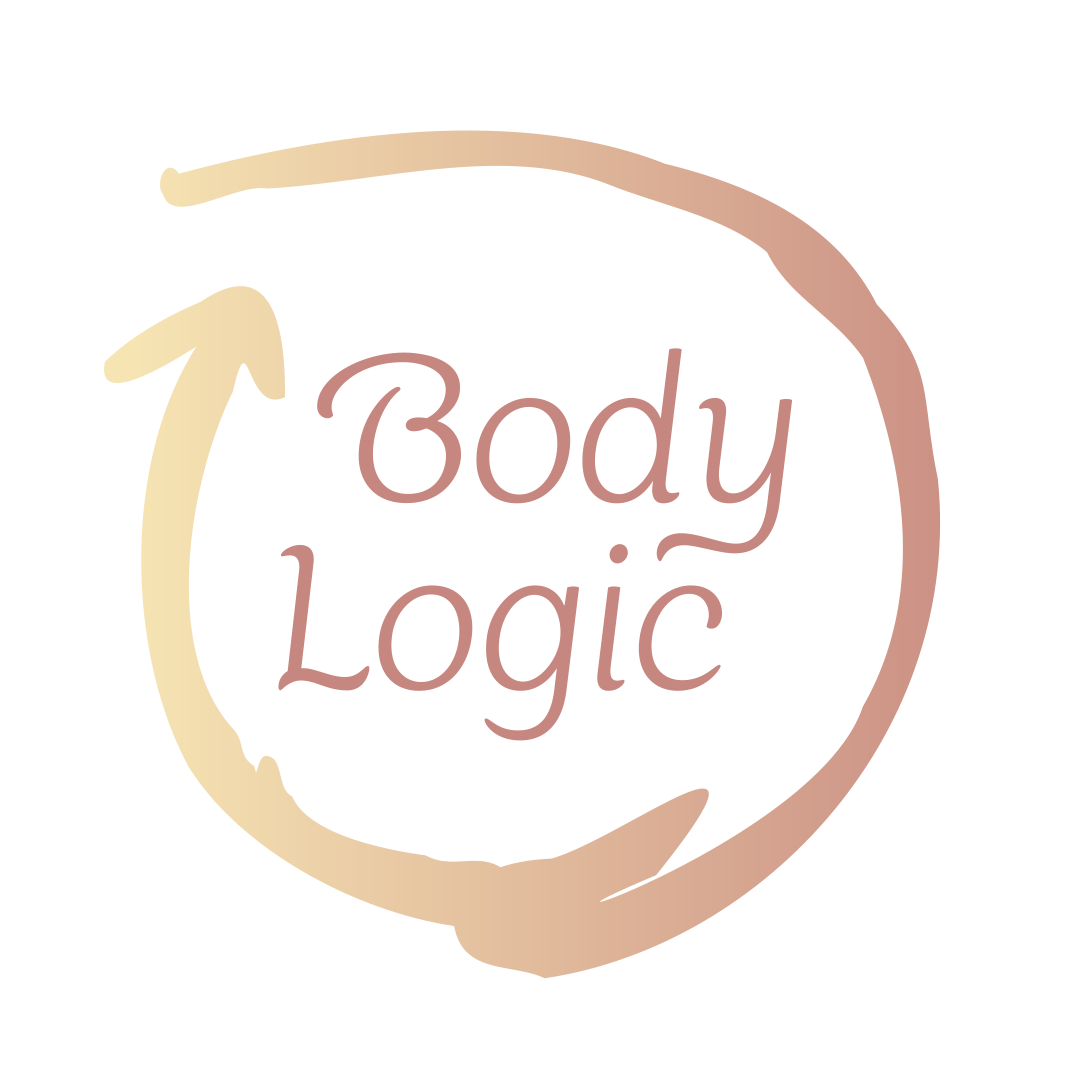Orthomolecular medicine has often fascinated me, but at the same time always put me off a little. Why? Orthomolecular medicine is not always scientific...
Don't get me wrong, it can be scientific. The pure meaning of the word 'orthomolecular' includes the meaning 'the right substance in the right amount'. However, orthomolecular medicine has come to mean much more than that.
In this article, you will first read about the problems I see within orthomolecular medicine. Then a positive story will follow, because I also think we can learn something from orthomolecular medicine. I conclude with how my views differ from orthomolecular medicine.

Disclaimer
I have never done any continuing education within orthomolecular medicine. Okay one webinar, a free webinar on burning fat. I did not agree with the gist of that webinar. I did once have a subscription to the ORTHOmolecular magazine, but not for long.
So I am not an orthomolecular doctor - which would give me more visitors to my website via Google and other channels - and therefore more potential clients for my practice. But I don't want to call myself that because I don't support orthomolecular thinking. I have a different vision of health.
The vision of orthomolecular medicine
The vision of orthomolecular medicine is the idea that health problems stem from a deficiency or imbalance of certain (nutritional) substances in the body. You could solve a health problem by eliminating such a deficiency or imbalance.
To find out which nutrient can help you, orthomolecular medicine looks at the role a particular substance plays in the body. For example, magnesium is important for muscle function. If that is not going so well, as in the case of muscle cramps, then magnesium could help is the reasoning.
Of course, the fact that magnesium plays a role in muscle function does not automatically mean that a magnesium supplement is also going to get rid of your muscle cramps. Often, this has not yet been sufficiently studied in large groups of people. That's not to say, by the way, that you can't try it. Or that it can never help you. But more on that in a moment.
Unscientific ideas within orthomolecular medicine
Non-scientific tests
To make the role of a deficit likely, step one is: measuring a particular deficit. To measure is to know, right? Only problem is, many nutrients are not at all easy to measure. Magnesium, for example, is a mineral found mainly in cells and bone. Only 0.8% can be measured in the blood1. To escape the drawbacks of regular blood tests, a variety of other tests have emerged. Such as measuring nutrients in hair, toenails, saliva, urine and faeces. Two tests I highlight below.
'The energetic morphological blood test (EMB) is not orthomolecular medicine'
Energetic Morphological Blood Test (EMB)
The EMB is not actually a blood test. Not in the medical sense of the word at least. Yes, a few drops of blood are taken from you with a finger prick. But it is not medically possible to get many blood results from that.
Ever heard of the company Theranos? Young entrepreneur Elizabeth Holmes promised her investors that it was possible to have all kinds of values extracted from a few drops of blood. Alas, it turned out not to be possible. Poor Elizabeth went behind bars for 11 years for fraud.
The EMB does not actually measure the amount of magnesium in your blood. It measures blockages in the energetic field, I read on the website. So it is more like bioresonance. So the EMB is not orthomolecular medicine. Such an energetic blockage in your magnesium does then have to be resolved with a non-energetic supplement of magnesium. Are you following?
My problem with the EMB test is that it gives the appearance of actually measuring all kinds of blood values, vitamins and minerals. Do you find out later that the blood test you took is unscientific? Then I can well understand you feel conned conned. Orthomolecular physicians are aware of this. 'The EMB test? Oh, I ignore that one,' I paraphrase one of the MD's I spoke to.
Fatty acid balance test or omega 3 index test
You do this test if you want to know if your fatty acids (omega-6 and omega-3) are out of balance. A rather nonsensical test it seems to me, because they are always out of balance! The solution to this imbalance is to take high doses of fish oil for a long period of time. Whether this is really wise, I will go into that later. After several months of obediently consuming fish oil, do the test again and hooray, your fatty acid balance has improved!
Conflict of interest between therapist, training institute and supplement company
After visiting an orthomolecular therapist, you come home with five different types of supplements, all from one brand. Coincidentally? No, therapists deliberately work with a particular brand. Through them, you get a discount and the therapist also earns something. So your therapist has an incentive to let you go home with five jars and not one.
We stopped accepting this from a physicians a long time ago, so why do we accept it from an orthomolecular therapist?
A training institute also collaborates with one particular brand. Now this also occurs in mainstream medicine: continuing education is organised and paid for by industry. But within orthomolecular medicine, that only seems to be the case.
Remember: a lot of money goes into the supplements business! Some 60% of Dutch people use nutritional supplements and the market is estimated at around 1.3 billion Euros!
Placebo effect when taking supplements
If you start a supplement (or a medicine) and things improve, it could be a placebo effect. Not really a problem, of course, if the drug has no side effects and is also affordable. And hopefully the placebo effect lasts as long as you take it.
Do you really want to rule out a placebo effect? Then you will have to do a scientific study. Fortunately, this can be done with one person. This is called an N=1 trial. You alternately take either the supplement or a placebo for a while. You don't know whether you are taking the supplement or the placebo: you are blinded. You also keep close track of how you feel. After the study period, you see if there was a difference between the drugs. That's how you find out if a supplement apart from a placebo effect actually does something for you.
Such an N=1 trial is intensive and you need the cooperation of a pharmacy. After all, they need to make sure you can't tell the difference between the supplement and the placebo. You also need some knowledge of statistics afterwards to analyse the results properly. However, it would be the best way to find out whether a particular supplement or medicine is useful.
Of course, a reliable blood value also helps, such as the vitamin D or your cholesterol. If those values improve after taking a supplement, you have an extra argument for continuing that particular supplement. Again, though, you have to allow for spontaneous improvement, an improvement due to a different lifestyle or an improvement due to a different season. For example, your total and LDL cholesterol is slightly higher in winter time. The same goes for many other blood values.
Supplements more important than food?
Many orthomolecular therapist websites state that supplements are often necessary. One of the arguments is that the amount of nutrients in food has decreased in recent decades due to intensive agriculture.
That may be true , but food is still the best way to get a whole range of nutrients. They are also packed in food in a certain proportion and with helpful other substances. A supplement cannot mimic nutrition. And a freeze-dried or powdered food has its drawbacks too.
In my approach, I always focus on nutrition first. And yes, that may mean that your diet should include animal products such as dairy or beef. Or a lot more leafy vegetables. Or that you should eat fish more often. Or even some organ meat once in a while.
Safe supplements
“...The price of a supplement, and the claims of its vendor, don't have anything to do with its quality....“ - Ray Peat (2021)
Silicon dioxide, titanium dioxide, citric acid from fungi, microplastics, heavy metals, PFAS... Supplements pure? Forget it. Even if there is nothing else on the label, supplements can still be contaminated.
It might be safer to assume that most supplements are 'junk', with a few exceptions. That is why I have put together a supplements guide, which includes very few supplements and mostly food. (Are you interested? Send me an message.)
A fun experiment I also like to do with clients is to stop all non-essential supplements for a while. This often yields interesting insights.
Mega-dosing with antioxidants
The grandfather of orthomolecular medicine, Linus Pauling, was a great advocate of high doses of vitamin C. Large amounts of antioxidants were said to be good for us because they defuse free radicals. Free radicals cause oxidative stress and aging so the theory went. However, this theory is outdated and only marginally true. High doses of antioxidants do not counteract aging as many scientific studies show.
In a healthy cell, on the contrary, a lot of oxidation takes place. In fact, that is exactly how we make energy. Electrons are detached from molecules such as glucose (that is oxidation) and sucked up again by oxygen. There is a strictly regulated balance between oxidants and antioxidants in the cell. Quite simply, oxidation is incredibly important and you don't want to possibly 'inhibit' it by taking high doses of antioxidants.
What about those positive stories of high doses of vitamin C? Possibly in these stories, vitamin C had and positive effect apart from its antioxidant effect. For example, high doses of vitamin C also speed up bowel movements
Fish oil
If you eat fish or seafood once a week, you get enough fish oil. So why is swallowing fish oil so popular? Within orthomolecular medicine, the idea of the right omega-6/omega-3 balance prevails. I agree that we take in too much omega-6. I just don't think a high dose of fish oil is the right way to counteract an excess of omega-6. There is growing evidence that taking high doses of fish oil is not without risks (read, for example, the book 'Fishy Business' by Youri Kruse).
What is indeed scientific about orthomolecular medicine
Physiological reasoning
Physiological reasoning is not that popular anymore. Why would you even need that when you have access to expensive, large-scale studies (the randomised trials)? Those are the gold standard: the highest scientific evidence. But these studies also have all sorts of drawbacks. Often, such a large study is not exactly about you. Or such a study hasn't been done yet. In that case, a doctor may say: 'I can't help you or you have to learn to live with it'. But with a little physiological reasoning, a doctor may be able to help you. Is that unscientific? I don't think so, after all, you are reasoning from existing scientific knowledge. The evidence is just weaker.
It is true that our physiological knowledge is not always correct. It is therefore important that any advice or experiment arising from physiological thinking is safe. I am also an advocate of basic research so that we can learn more about how our bodies work.
Nutraceuticals
Nutrients have effects on the body that are independent of an existing deficiency. So you don't necessarily have to be deficient to experience a positive effect of a vitamin. A term for these nutrients is 'nutraceuticals'. Not pharmaceuticals, but substances from food that also have positive health effects.
If a nutrient has a positive effect on you without being deficient in it, you can interpret it in two ways (leaving aside the placebo effect): 1) you have no deficit but your value is not optimal or 2) the nutrient has an effect on you independent of a deficiency.
Interpretation 1 I find in orthomolecular medicine. Blood tests remain necessary, if you want to know when you have reached that 'optimal' level. Interpretation 2 does not require knowing the value in your body (regardless of whether you can know it).
Magnesium, I think, is an example of a mineral that can have a positive effect without being deficient in it. This is evident from the many anecdotes I hear and the positive experiences of my clients. There are also some scientific clues . There are many other examples. Think of niacinamide (vitamin B3), vitamin E, calcium, et cetera. So the use of certain dietary supplements may well have a scientific basis in orthomolecular medicine.
My views versus orthomolecular medicine
Focus on metabolism
In my view metabolism is paramount. If you are healthy then your metabolism works optimally. That means you can produce enough biological energy (ATP) for all your bodily functions. I certainly also look at the role nutrients play in a well-functioning metabolism. I also reason from physiology (the functioning of a substance in the body), just like orthomolecular medicine does.
Burning glucose or fats?
Within orthomolecular medicine, I often hear that it is better to burn fats than sugars. The argument? One gram of fat provides more energy than one gram of glucose. This is essentially true, but then you are not talking about what happens physiologically in the body when you burn mainly fat and cut carbohydrates from your diet. You also ignore some other research.
People with all kinds of diseases - from diabetes to Alzheimer's to heart disease - burn more fat compared to healthy people. They burn more fat AND they also produce more fat. So all that fat burning does not make them slimmer. I think that context is important when advising people to stimulate fat burning. It sounds good, but I don't think you want to mimic the metabolism of a diabetic.
Besides burning fat, you can also use ketones as a source of energy. Those ketones are indeed incredibly helpful, but are you going to follow a strict ketogenic diet for the rest of your life?
In my approach, I focus on improving your glucose metabolism. This is sustainable. Yes I believe it is best to burn glucose. For example, read this article. Wouldn't it be wonderful if you could continue to enjoy carbs?
Conclusion
Orthomolecular medicine as I know it is not scientific in a number of ways. Such as the use of non-scientific tests, mega-dosing with dangerous antioxidants, emphasis on supplements over nutrition and conflicts of interest.
In other areas, though, orthomolecular medicine is scientific, such as the use of dietary supplements that have a proven beneficial effect. Also scientific is reasoning from physiology. Within mainstream medicine, this has taken a bit of a back seat because it provides less strong evidence. However, that does not make it unscientific. I also use physiology reasoning in my practice. I only look at health from the perspective of metabolism, which goes a step further.
Of course, orthomolecular medicine is more than I have been able to describe in this article alone. Would you like to respond? Then send me an message.
Read more articles? Click here..
References


